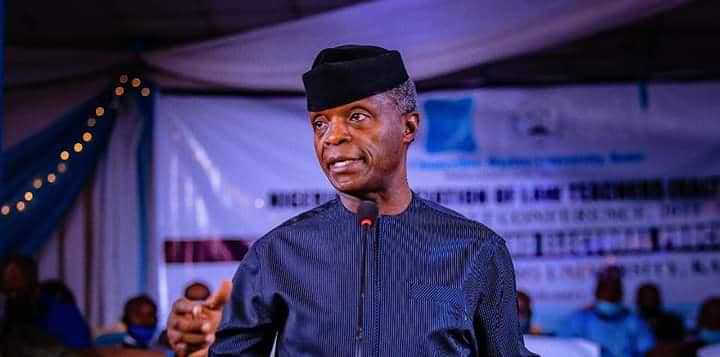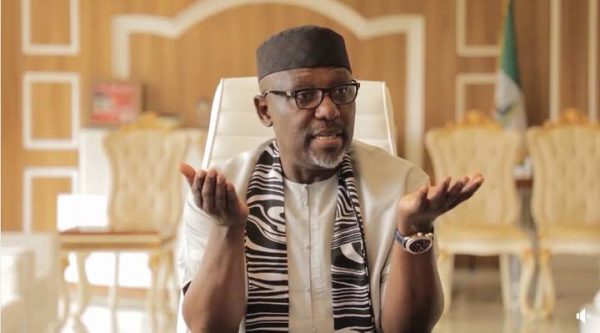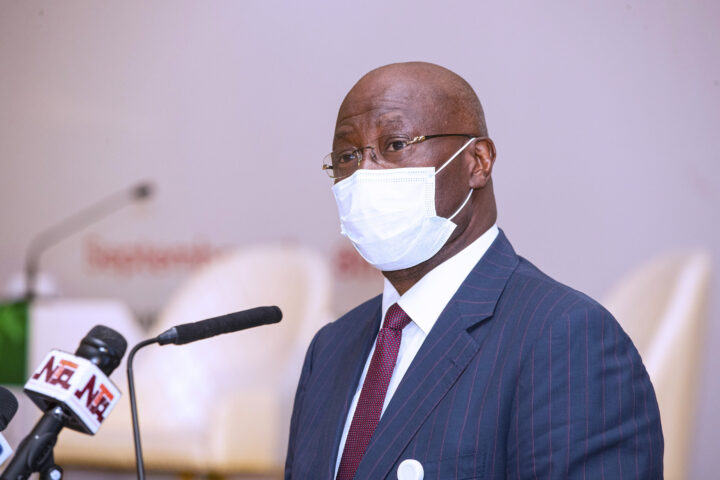Vice-President Yemi Osinbajo says court decisions on election outcomes should always reflect the will of the people.
Osinbajo said this on Tuesday in Kano at the 53rd annual conference of the Association of Law Teachers, held at the Bayero University Kano (BUK).
He expressed concern over cases in which election outcomes have to be determined by courts, adding that any interpretation of the law should always be to uphold the people’s decision since Nigeria operates in a democratic setting.
“In 2015, we made history when an opposition party defeated the ruling party in a national election and a peaceful transition of power followed. In so doing, we vaulted over a hurdle that we have fallen at in previous attempts at democratic governance,” he said.
Advertisement
“Since then, we have seen more and more elections at the subnational level feature transitions between parties. Certainly, we have witnessed electoral contests in which mere membership of the ruling party is not a guarantee of victory. These are signs of our growth as a democracy. There remains, of course, much room for improvement.
“But the overarching or foundational issue is democracy. The notion of the government of the people by the people for the people, and its critical implications. Law and the electoral process must work for the achievement of the most democratic outcomes. Legal or electoral processes must enhance not defeat democracy.
“Central to democracy is the will of the electorate demonstrated by voting for candidates of their choice. That right is so central to democracy that it must be protected by electoral laws and judicial interpretation in electoral cases.
Advertisement
“This means that electoral justice must not be for the candidates alone. Indeed, the principal players, the electorate, must be front and centre of judicial reflection on how to determine electoral cases.
“The judiciary must be wary of substituting their will for the will of the electorate. They must seek every interpretation that leaves the people with the choice of who they prefer.”
He also spoke on his early days as a lecturer, saying he earned N620 as salary when he started teaching at the University of Lagos in 1981.
“Let me begin by thanking the executive of our association for the kind invitation to join you at this 53rd law teachers conference. A law teachers’ conference is always a homecoming for me,” he said.
Advertisement
“I started teaching at the Faculty of Law, University of Lagos, in November 1981, and for many years, attending the law teachers’ conference was always special.”
Meanwhile, Osinbajo’s salary as of 1981 was almost six times the minimum wage in the same year.
Speaking at TheCable colloquium in 2016, Issa Aremu, former vice-president of the Nigeria Labour Congress (NLC), had said the minimum wage as of 1981 was N125.
“The first minimum wage was N125 in 1981, at the exchange rate where naira was about twice the value dollar. That came to $250 in nominal terms today; multiplied by N200, that comes to N50,000,” Aremu had said.
Advertisement
Add a comment





